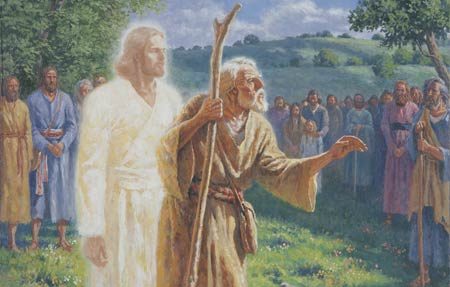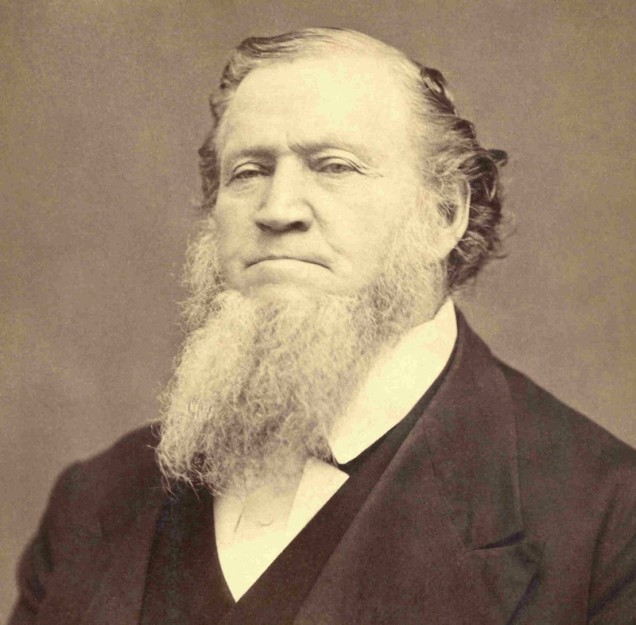Question
Dear Gramps,
What is the difference between a sin and a transgression? Adam partook of the fruit when God instructed them not to. Please explain the differences as in the 2nd Article of Faith about a sin and a transgression; We believe that all mankind will be punished for their own sins and not Adam’s transgression. Thank you.
Wendy
Answer
Dear Wendy,
The words ‘sin’ and ‘transgression’ are used synonymously on many occasions, yet there is also a difference in their meanings. We know that to sin is to break a law of God, but to transgress may mean to go beyond a limit. In fact, the word transgress comes from the Latin transgredior–trans meaning beyond, and gredior, meaning to pass.
To sin is to break the moral code; to transgress could be to violate a law without sinful intent. As an example, a person intentionally breaking the speed limit while driving a car on the freeway could be classed as committing a sin against the laws of the State, while a policeman exceeding the speed limit while chasing a criminal would have transgressed the speed limit law, but having done so in the performance of duty for a noble purpose, would not be punished for breaking the law against speeding.
The scriptures tell us concerning Adam and Eve and the forbidden fruit,
And Adam was not deceived, but the woman being deceived was in the transgression. (1 Tim 2:14).
Eve was deceived by Satan and thus violated the law that God had given to her and to Adam. Adam, on the other hand, made a conscious decision to partake of the forbidden fruit in order to comply with the higher law.
Here are a few statements by various General Authorities of the Mormon Church on the subject:
“Some Christians condemn Eve for her act, concluding that she and her daughters are somehow flawed by it. Not the Latter-day Saints! Informed by revelation, we celebrate Eve’s act and honor her wisdom and courage in the great episode called the Fall (see Bruce R. McConkie, Eve and the Fall, Woman, Salt Lake City: Deseret Book Co., 1979, pp. 67-68).
Joseph Smith taught that it was not a sin, because God had decreed it (see The Words of Joseph Smith, ed. Andrew F. Ehat and Lyndon W. Cook, Provo, Utah: Religious Studies Center, Brigham Young University, 1980, p. 63).
Brigham Young declared, We should never blame Mother Eve, not the least (in Journal of Discourses, 13:145).
Elder Joseph Fielding Smith said: I never speak of the part Eve took in this fall as a sin, nor do I accuse Adam of a sin. This was a transgression of the law, but not a sin for it was something that Adam and Eve had to do!” (Joseph Fielding Smith, Doctrines of Salvation, comp. Bruce R. McConkie, 3 vols., Salt Lake City: Bookcraft, 1954-56, 1:114-15). (Elder Dallin H. Oaks, The Great Plan of Happiness, Ensign (CR), November 1993, p.72)
Gramps







